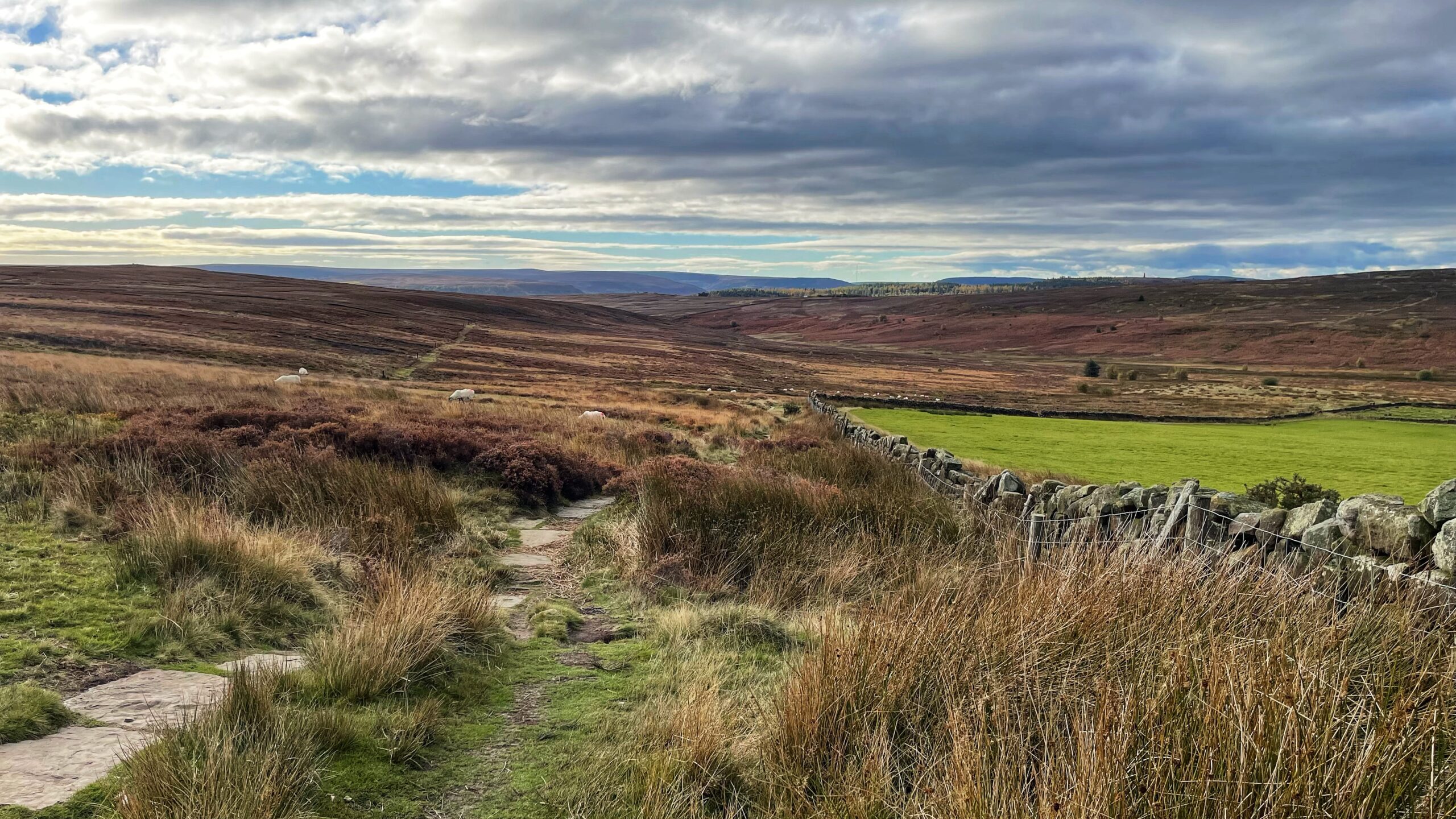Every autumn, we perform our favorite ritual of self-sabotage: we change the clocks and then act surprised when our bodies protest. The great “extra hour of sleep” myth returns, while our circadian systems quietly implode.
And tonight’s the night, as the clocks are about to jump back, our bodies will begin their hormonal bedtime symphony. Melatonin started whispering, “Time to sleep,” while we stare at phone screens, basically screaming “Nope!” in blue light wavelengths. This hormone doesn’t actually make us sleep—it’s more like a polite reminder we all ignore. Meanwhile, our core temperature will do an interpretive dance: it will heat up, cool down, and pretend to know what time it is.
By 2 a.m., just when our internal clock is perfectly synced, the powers that be have decided, “Let’s put the clocks back!” Cue confusion. Cortisol—the “rise and panic” hormone—will fire up at the usual time, only now it will be technically an hour off. The result: we wake feeling both “rested” and vaguely cursed.
Some people, like teenagers and night owls, briefly win this temporal lottery. Others, especially the menopausal and the prematurely sleepy, get the short end of the stick. After a week of sluggish mornings and emotional volatility, equilibrium returns—just in time to start dreading the spring clock change.
To lift our spirits on this somewhat gloomy post, here is a photo of the Cleveland Way, paved with flags as it crosses the boggy Codhill Slack.
Cribbed from the article “Why does putting back the clocks an hour disrupt us so much?” The Conservation. 23 October 2025.

Leave a Reply